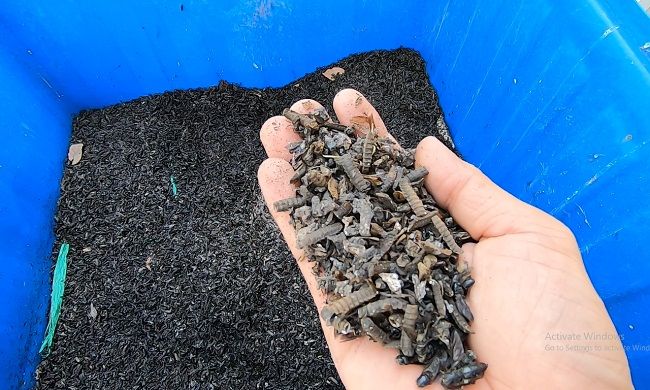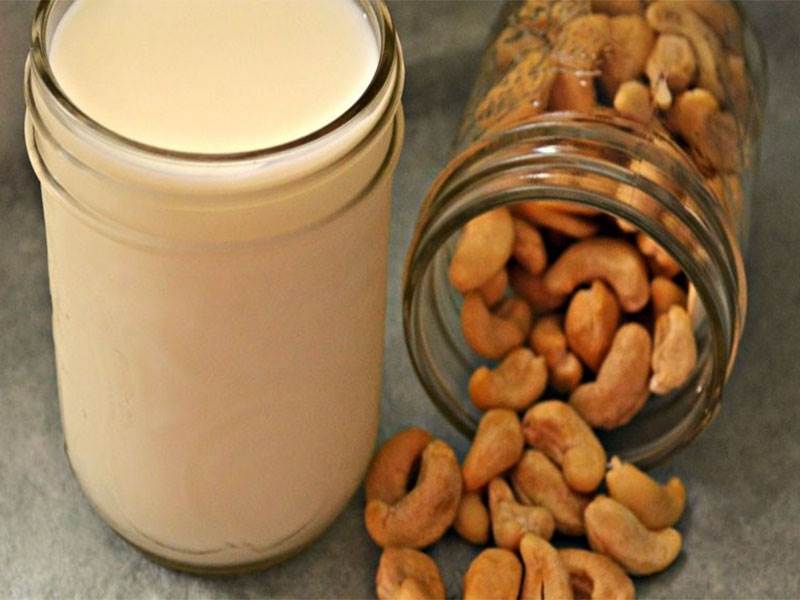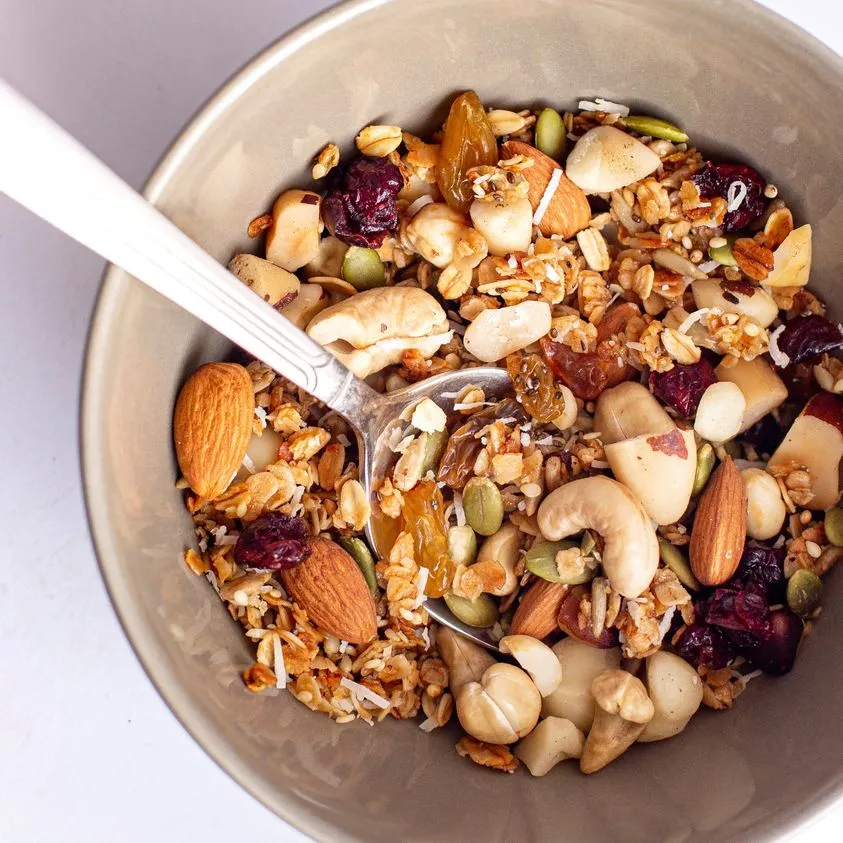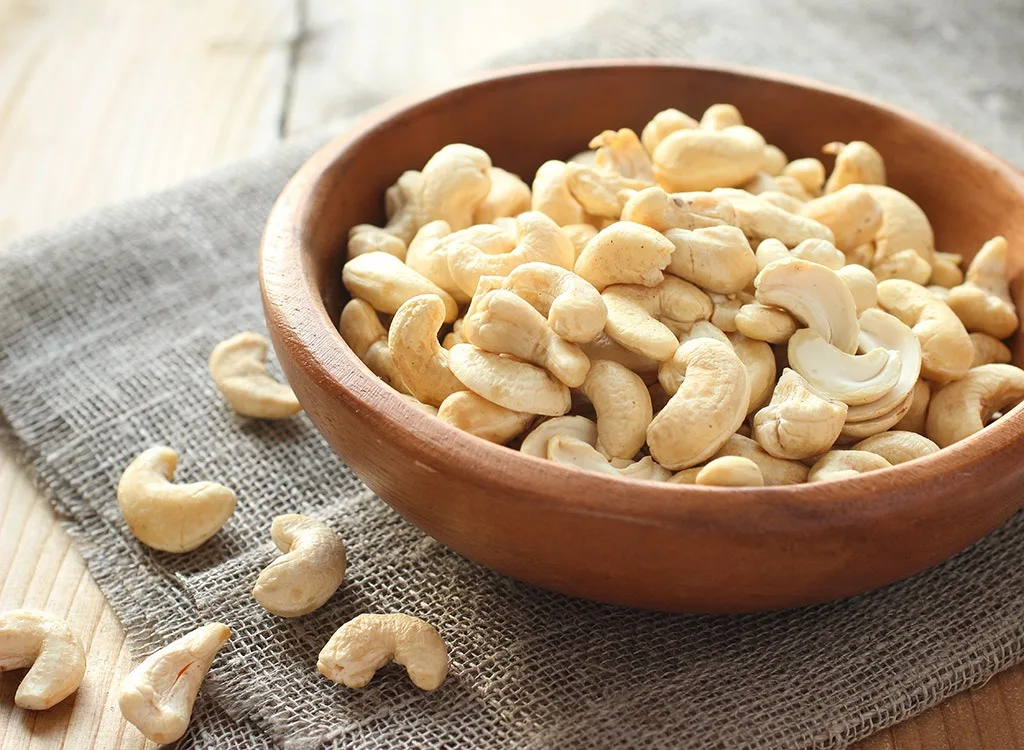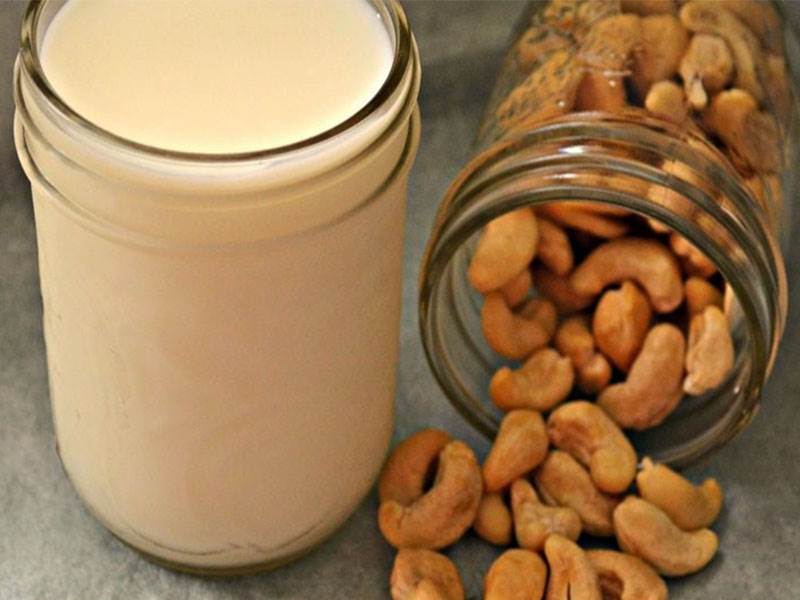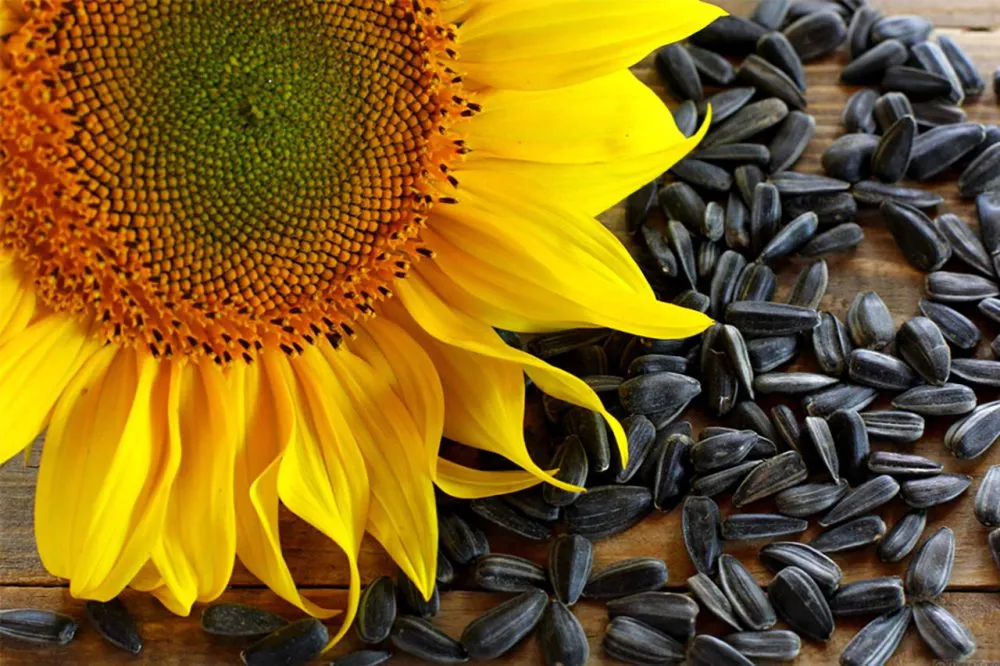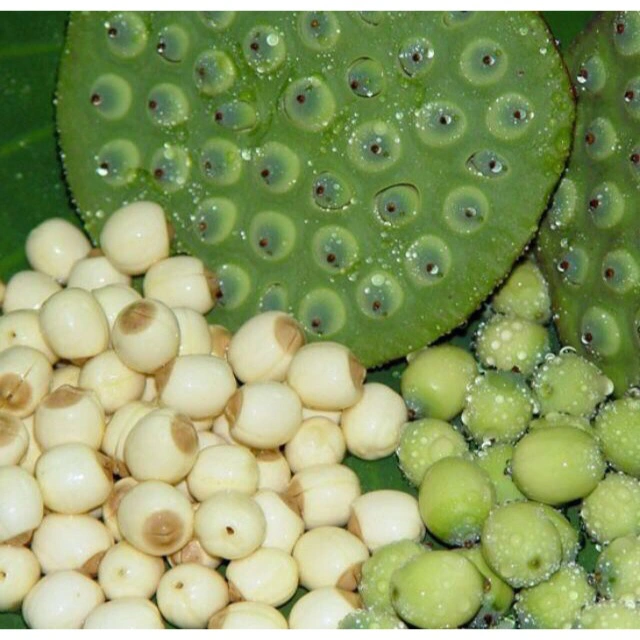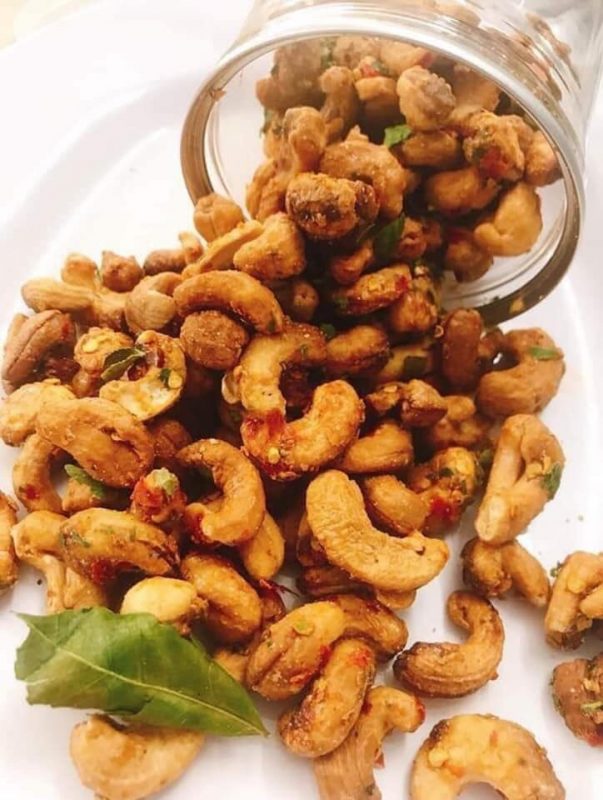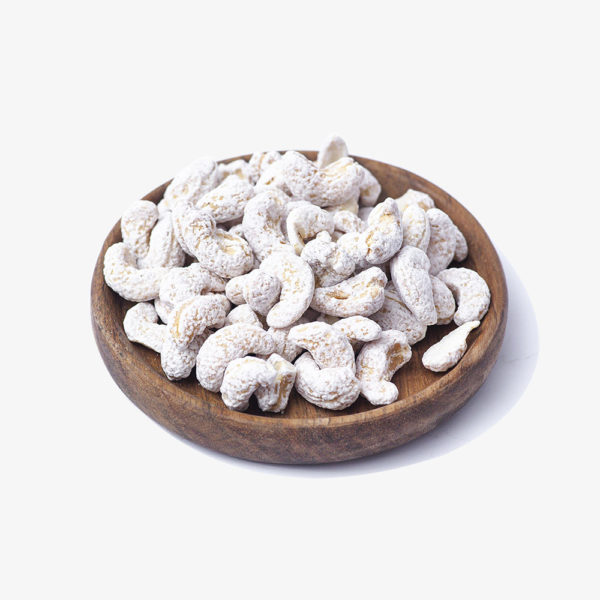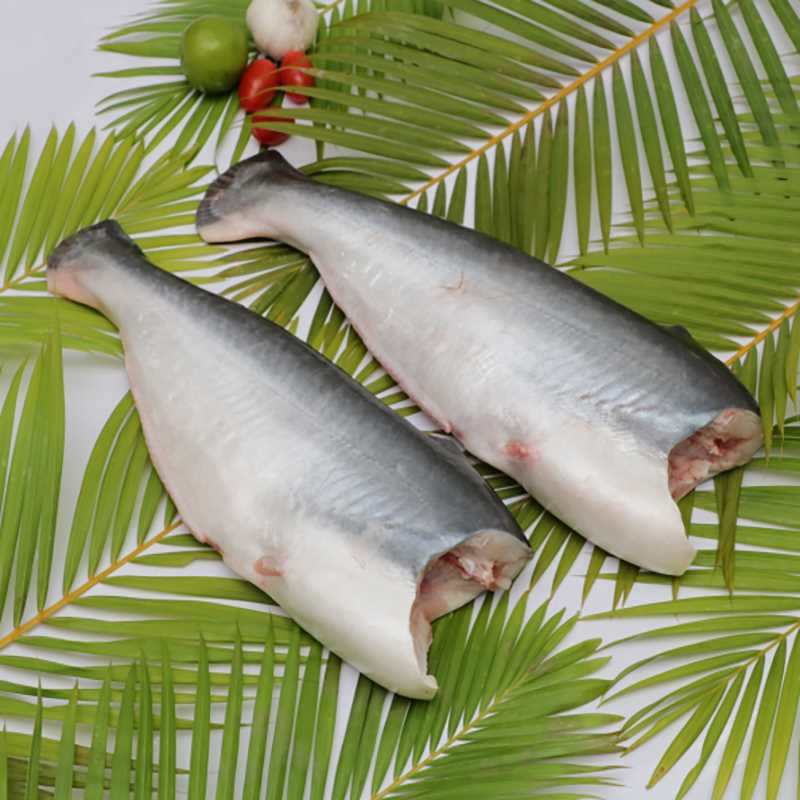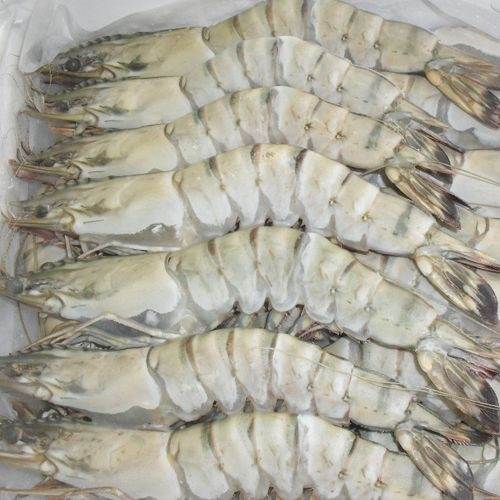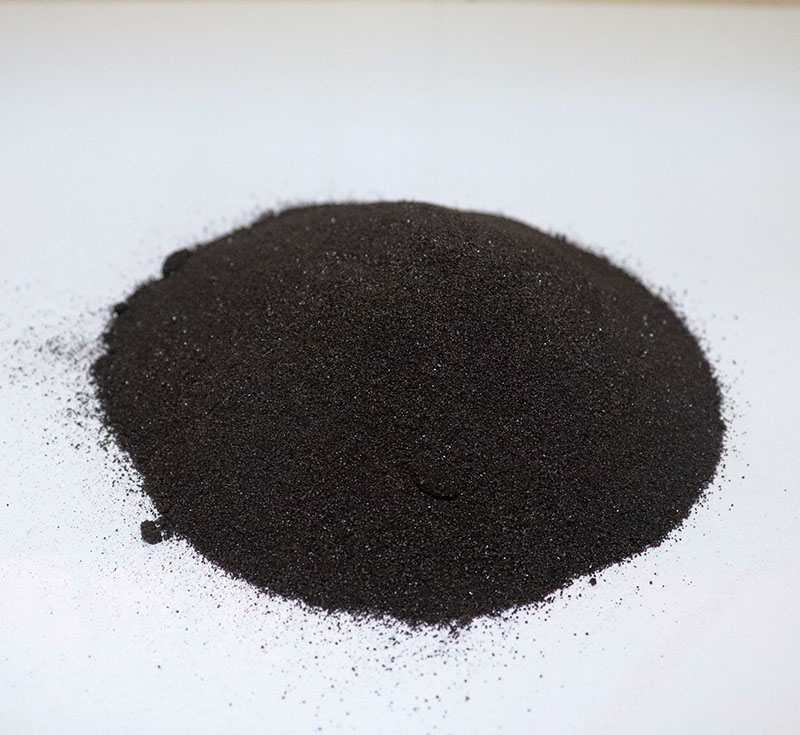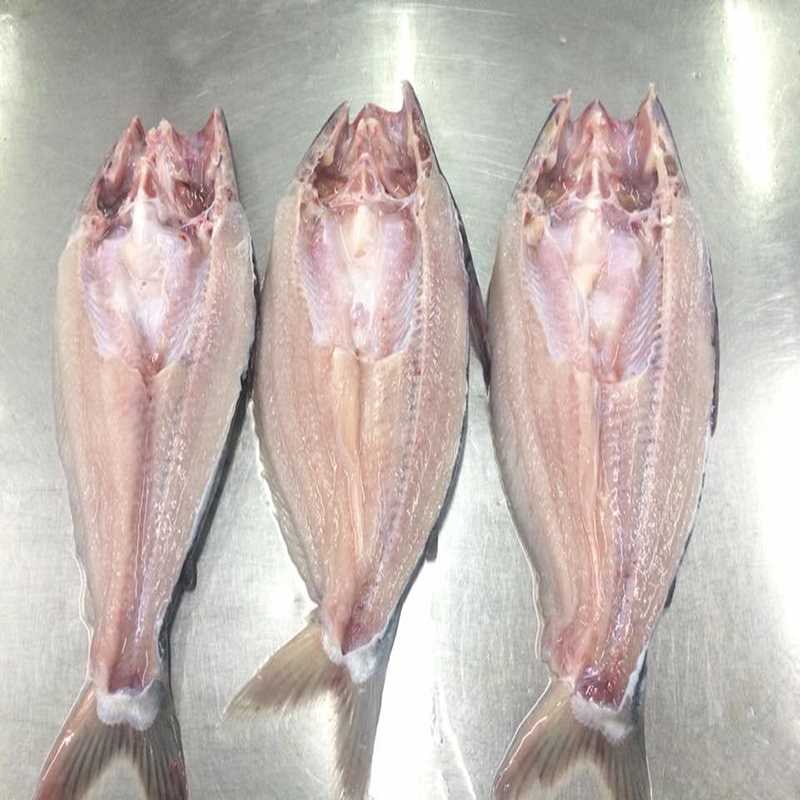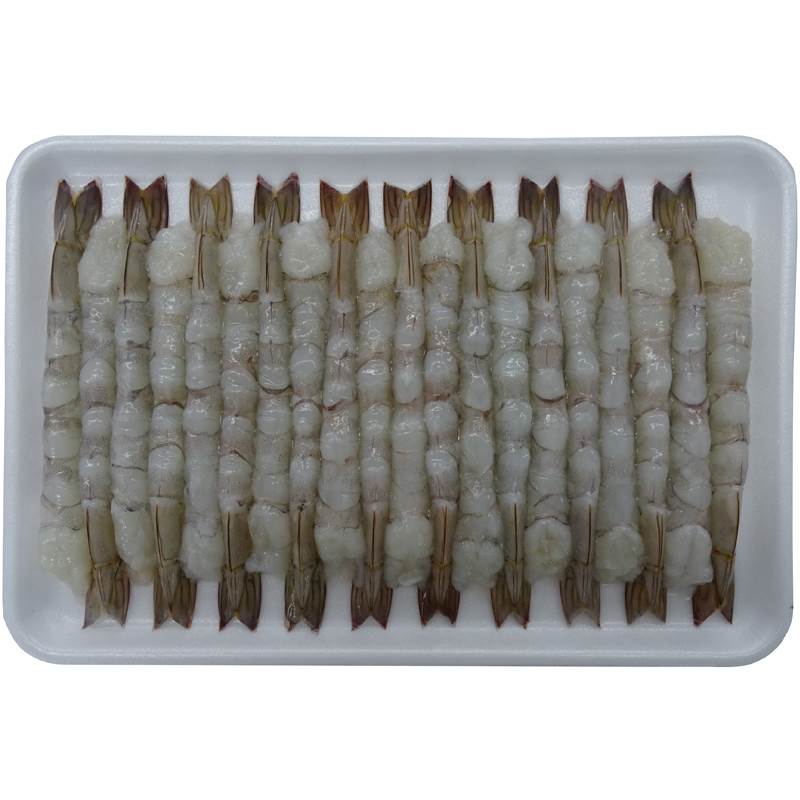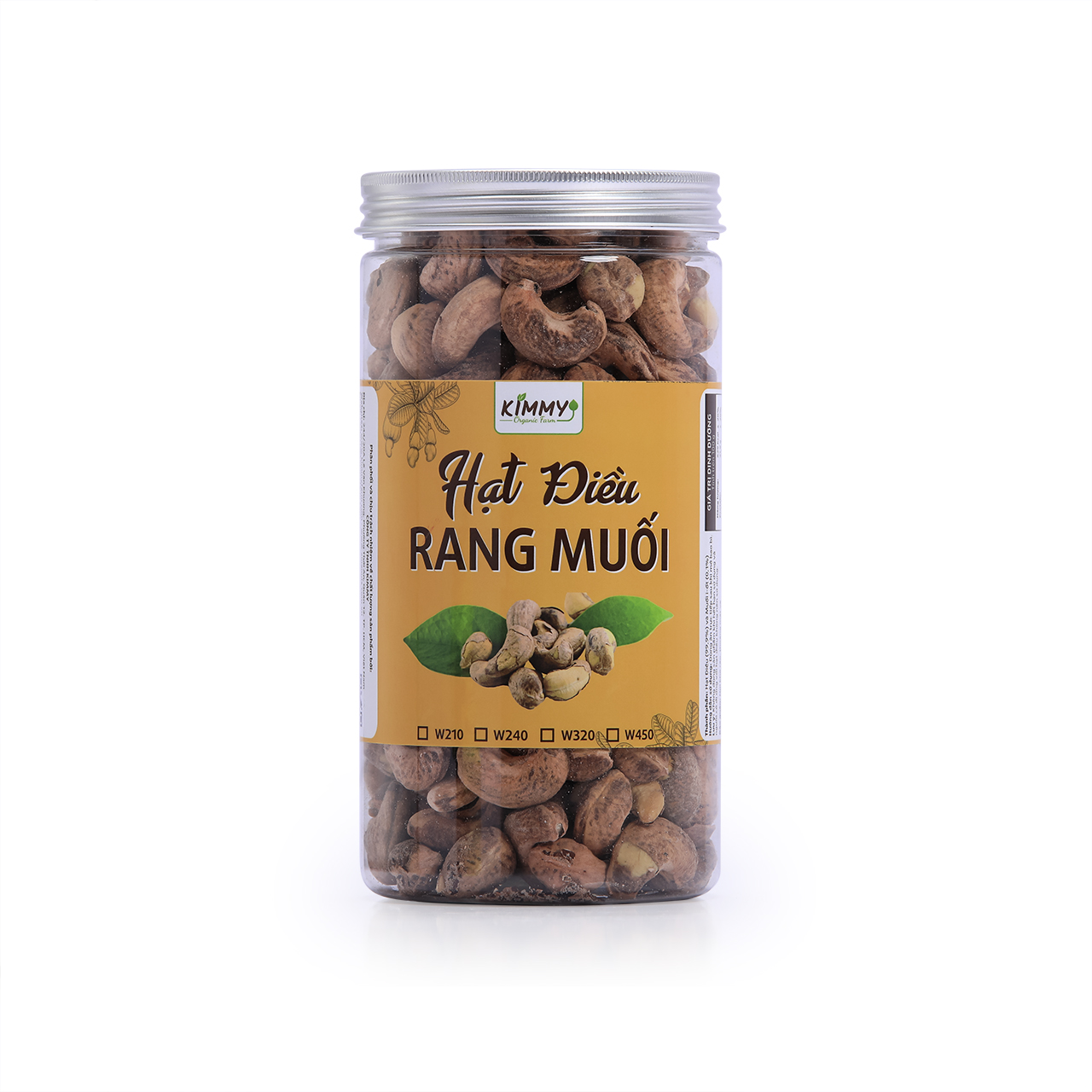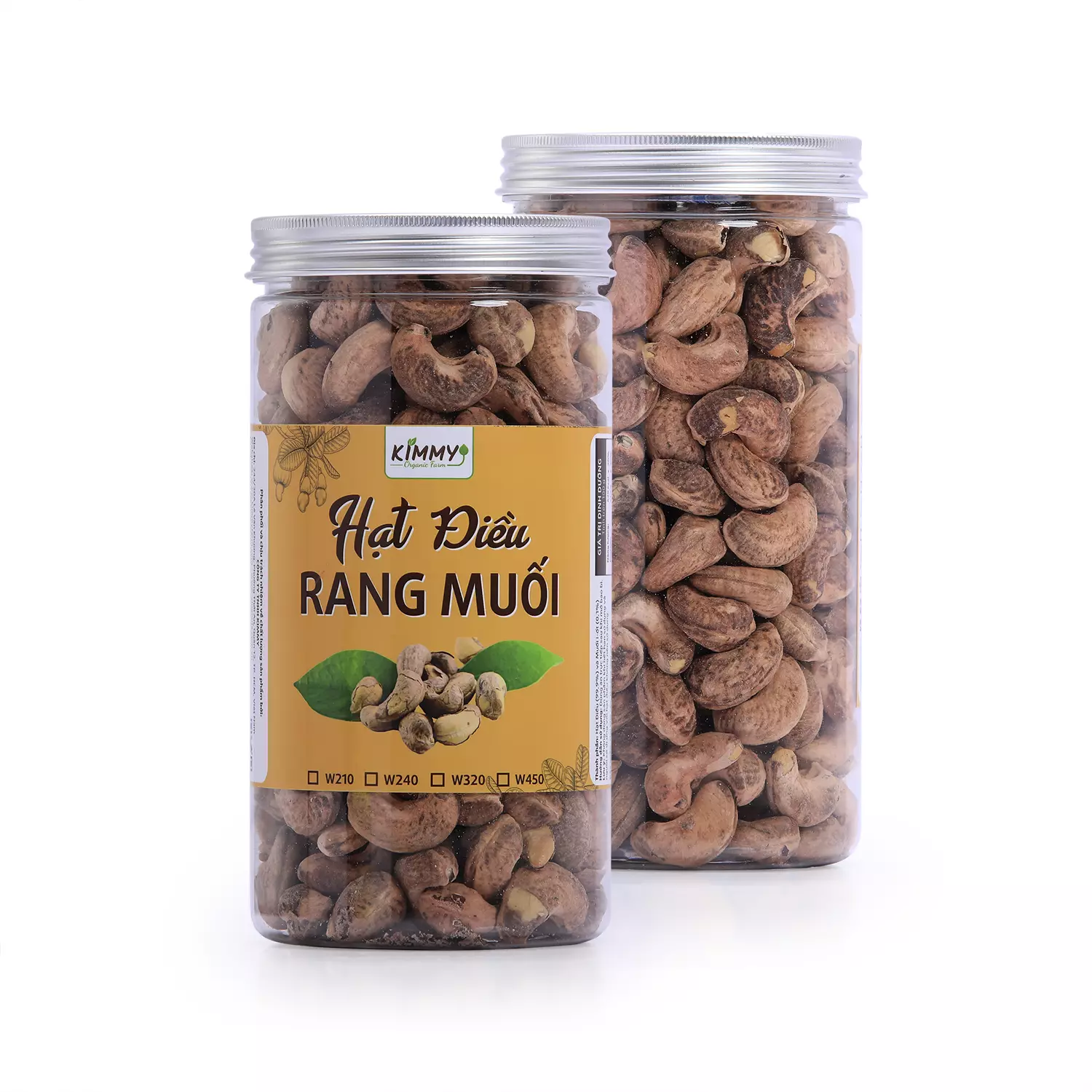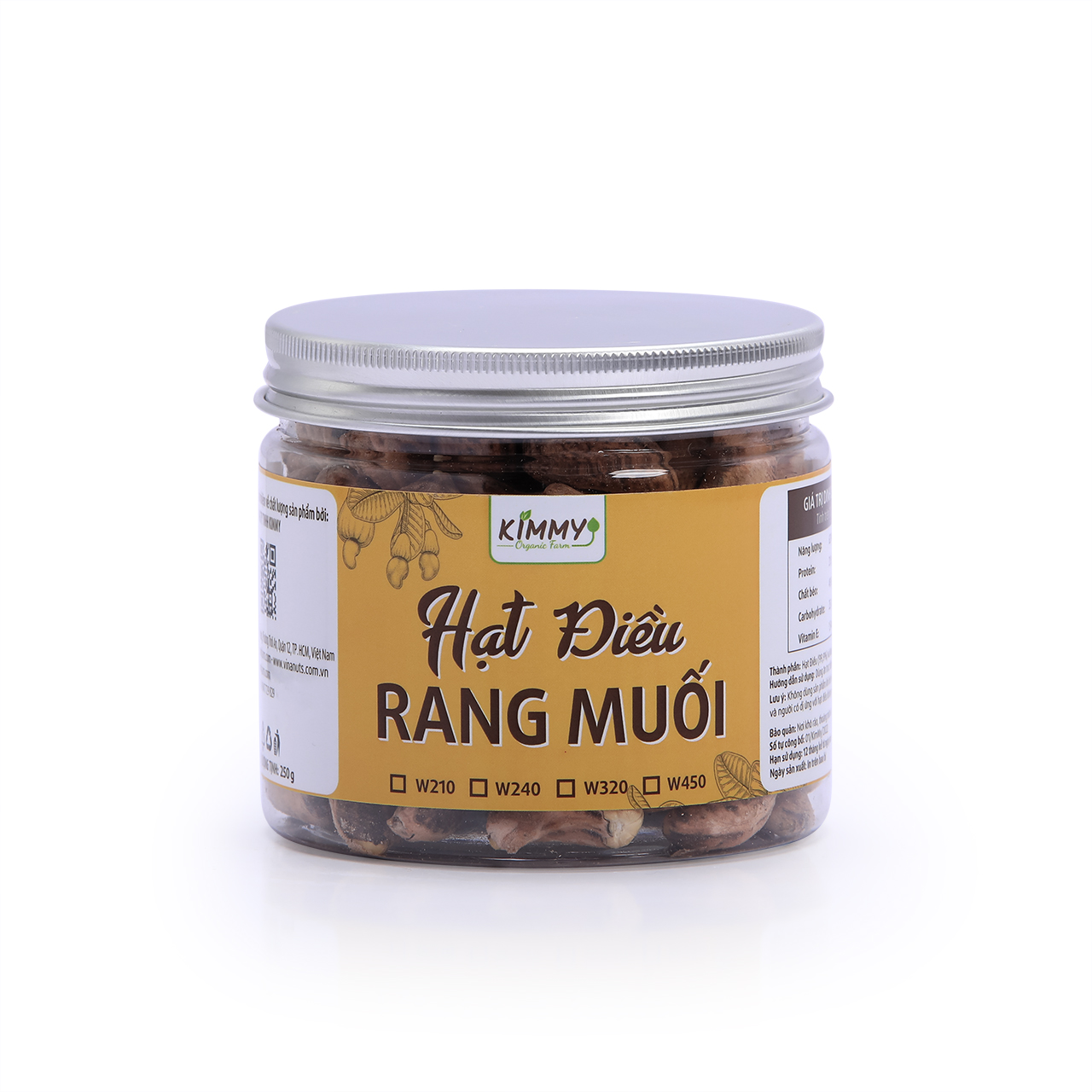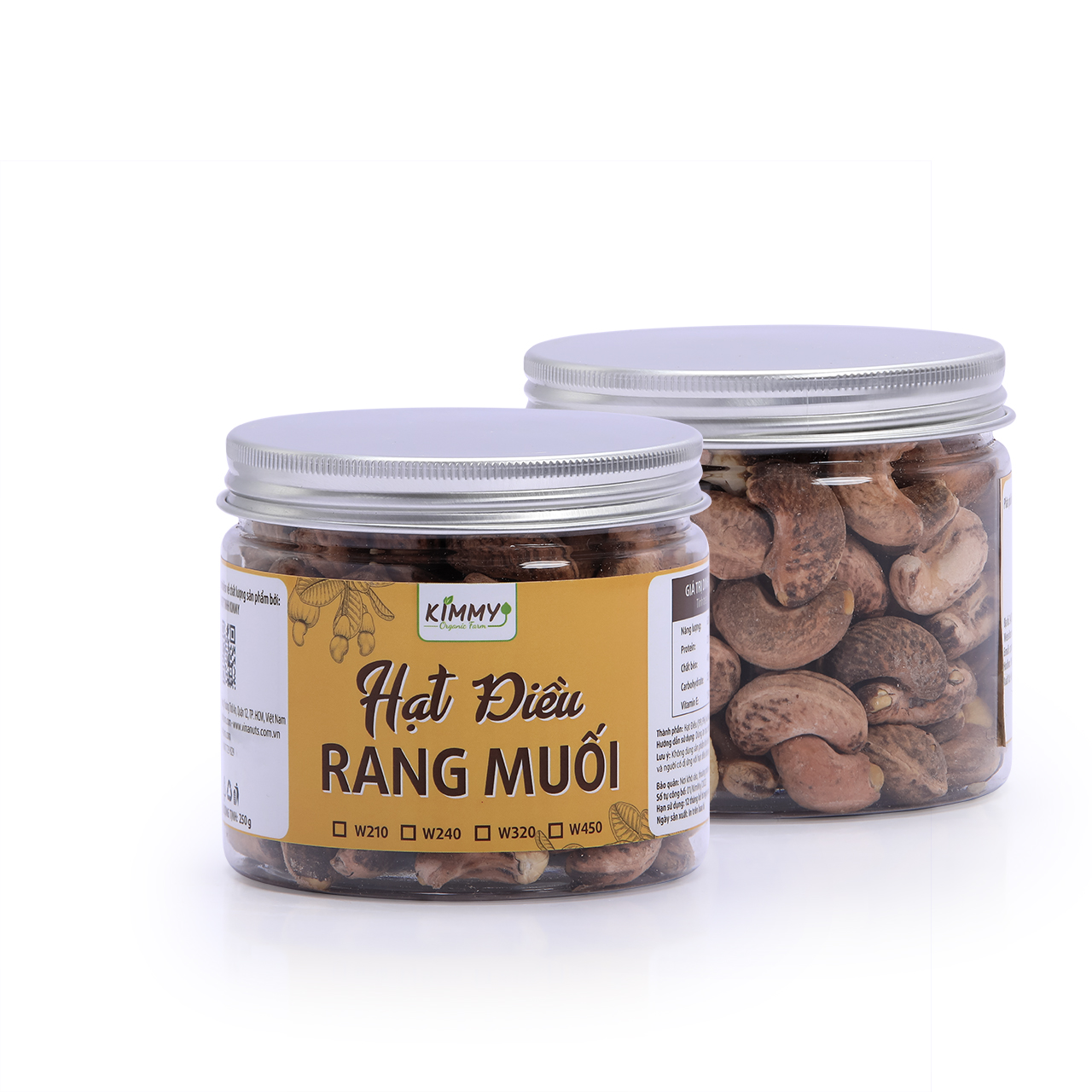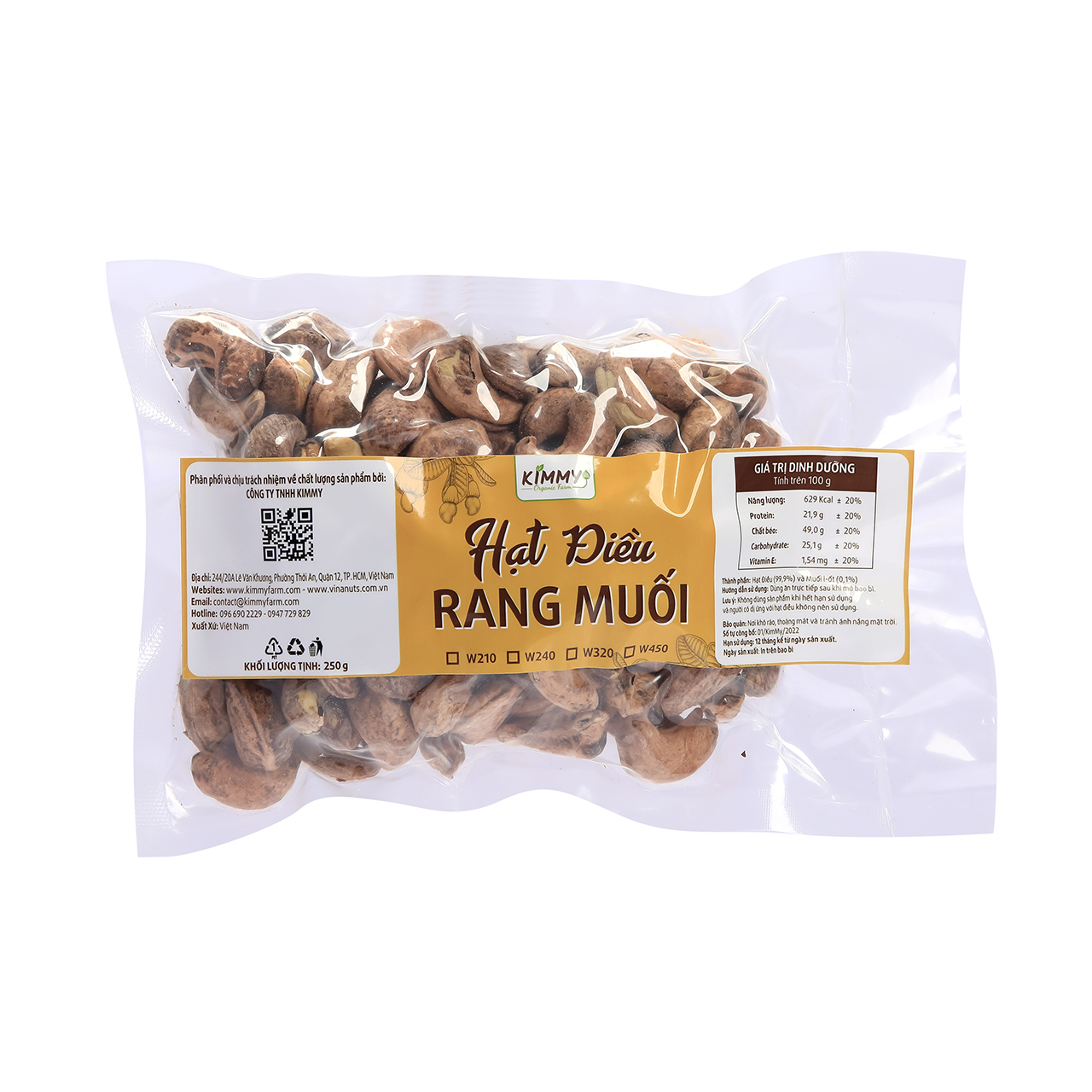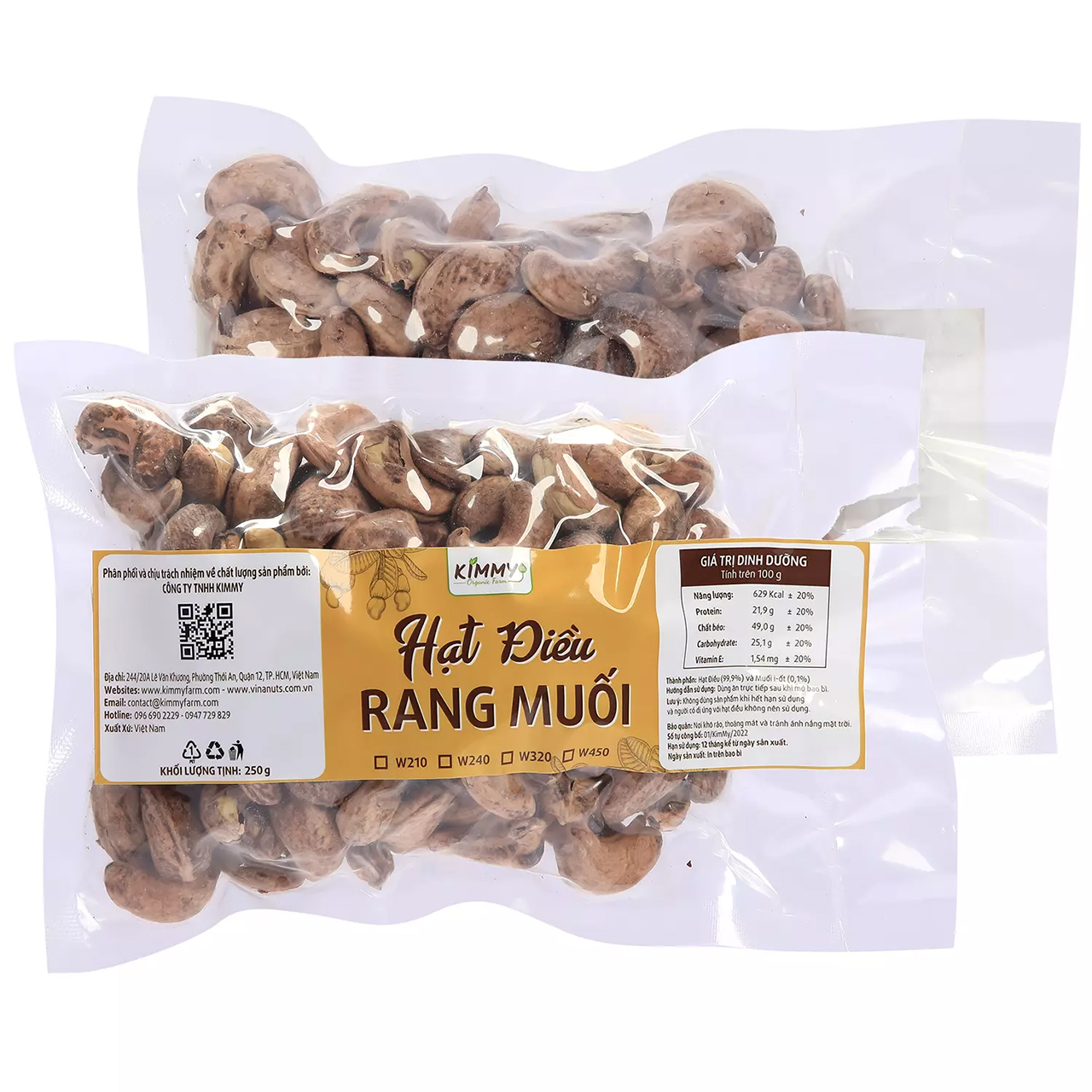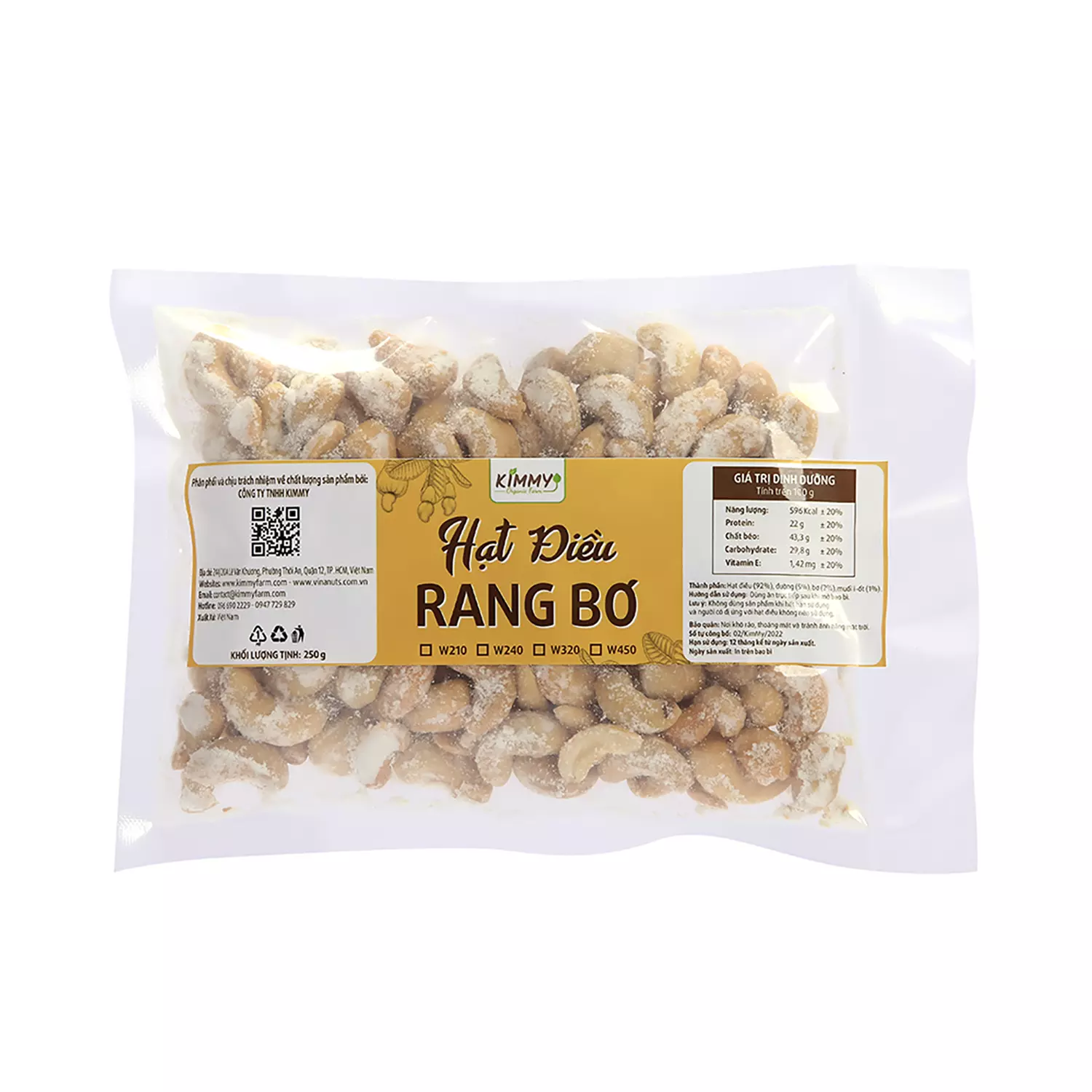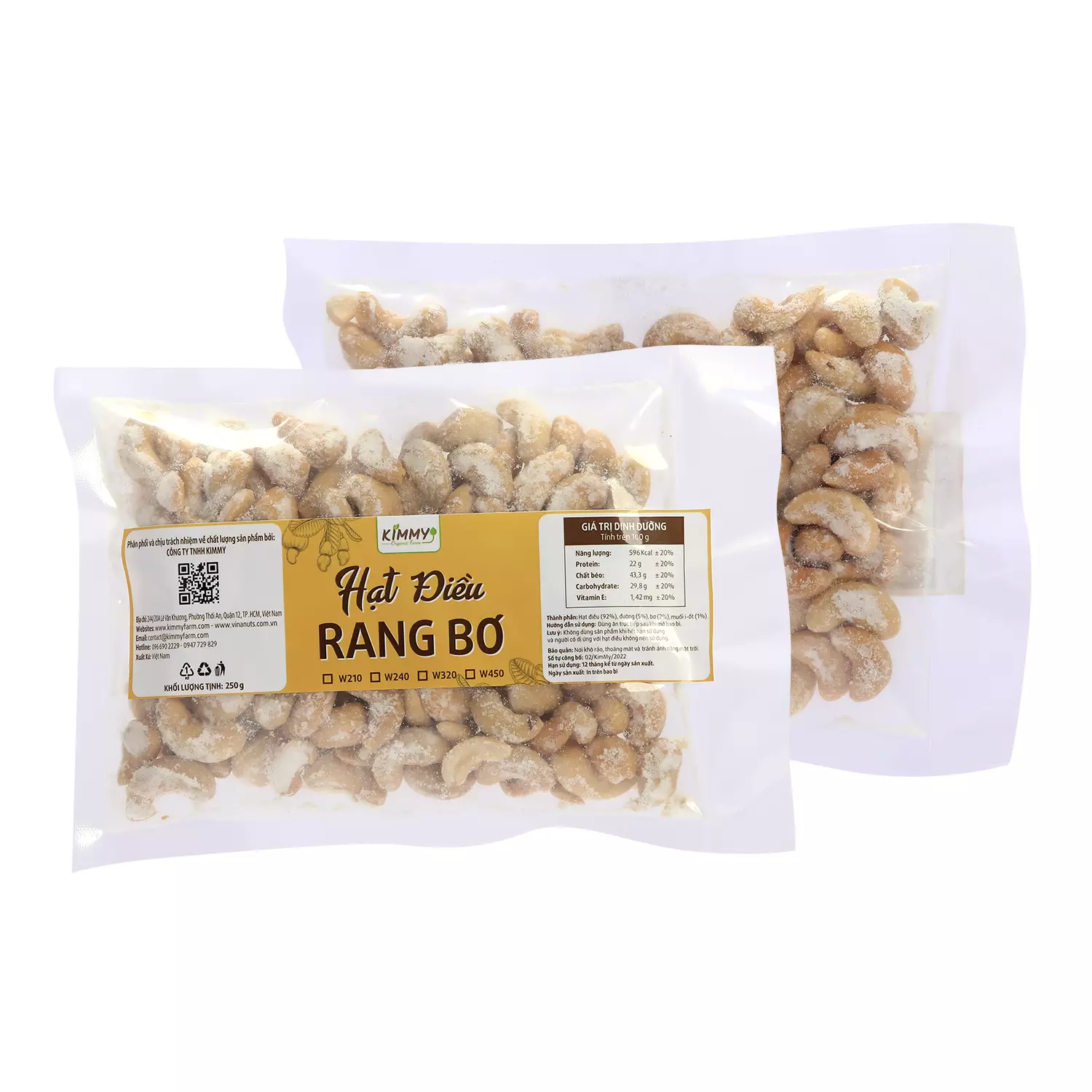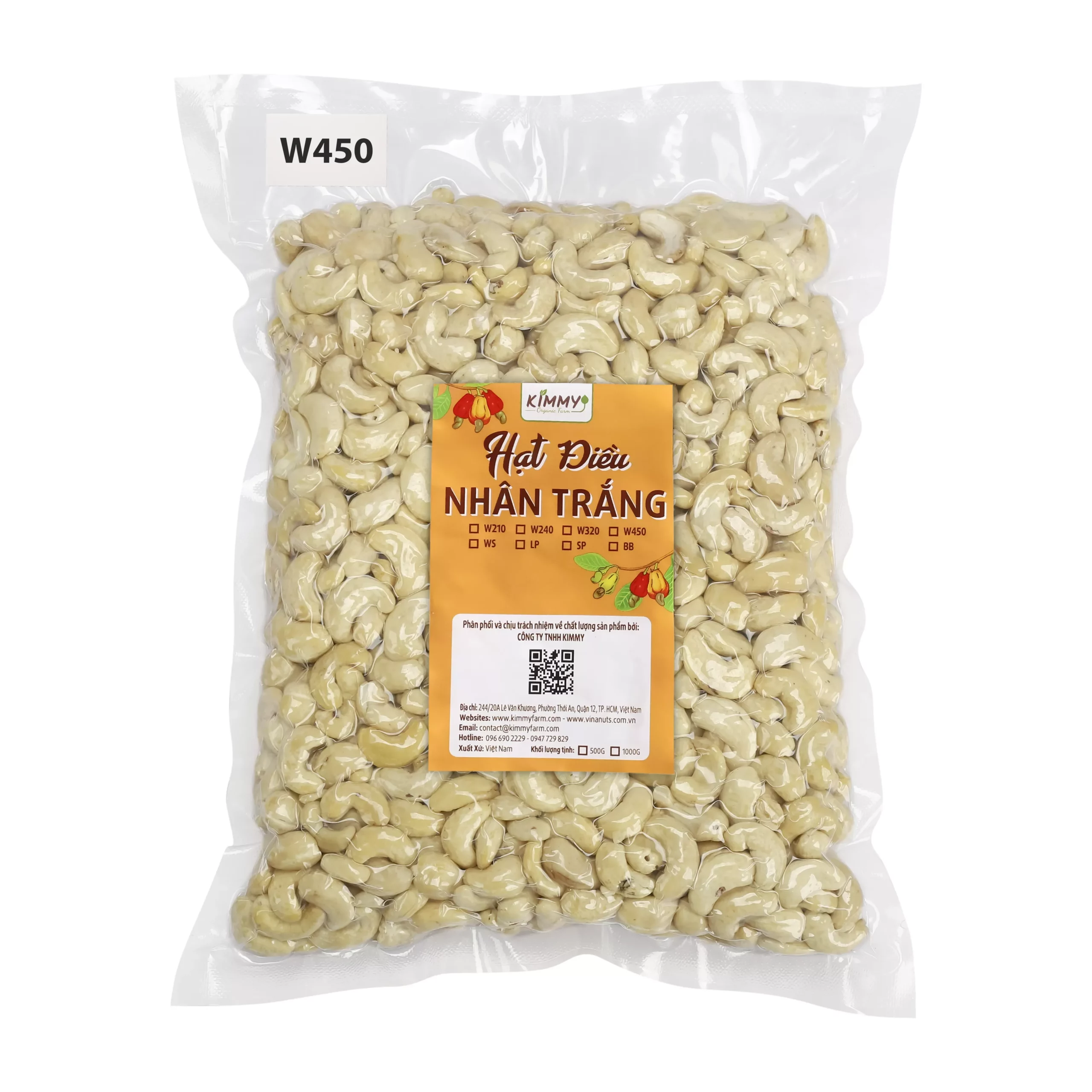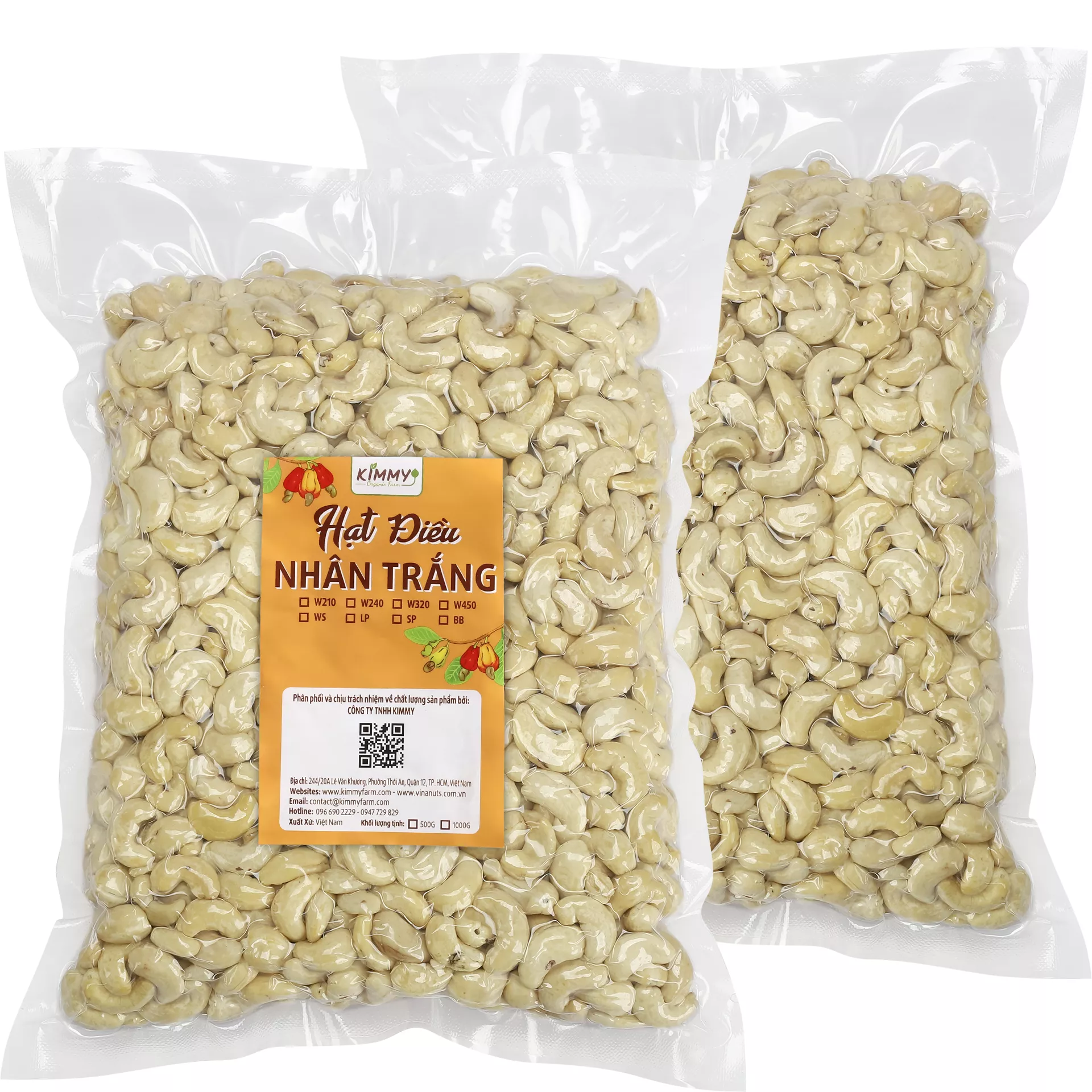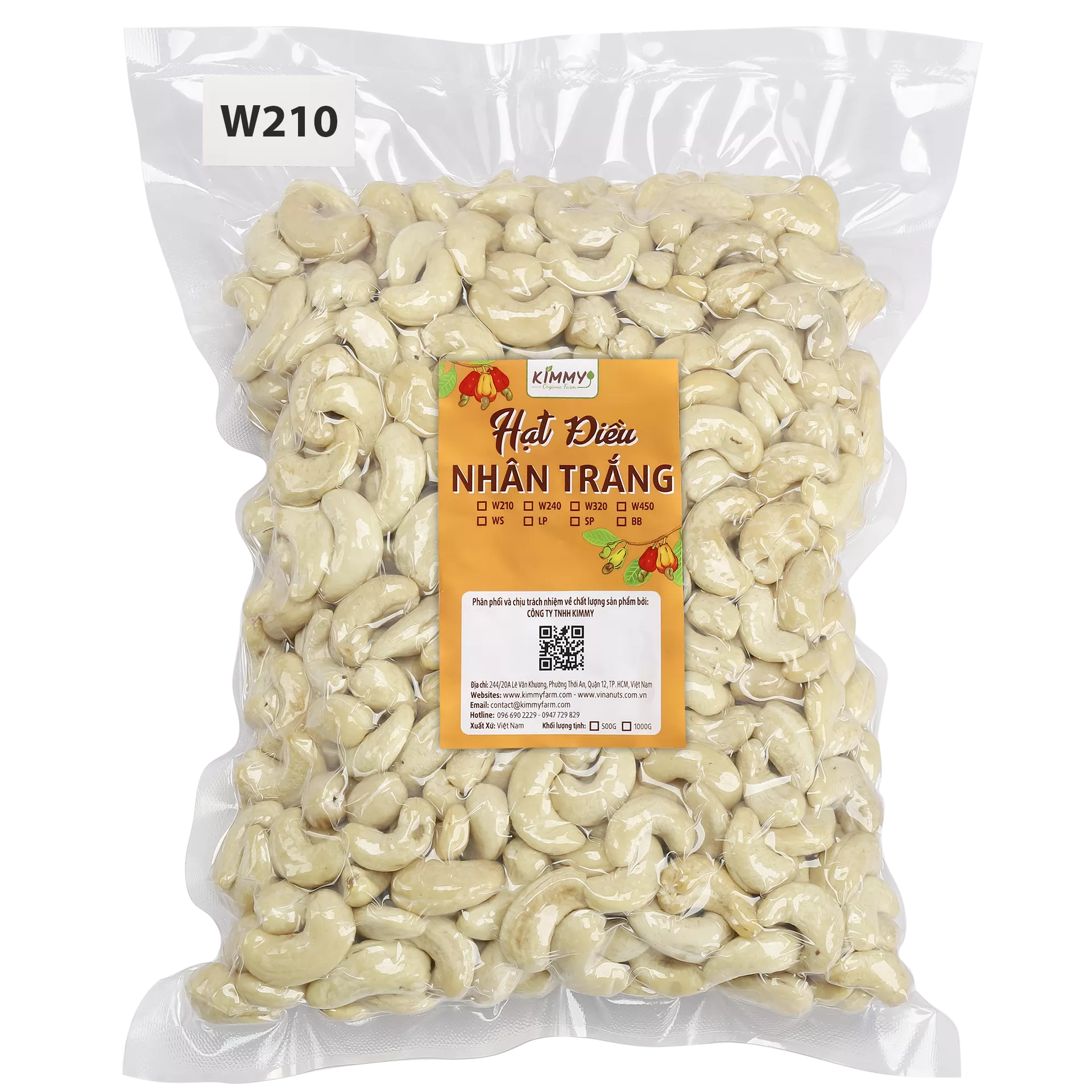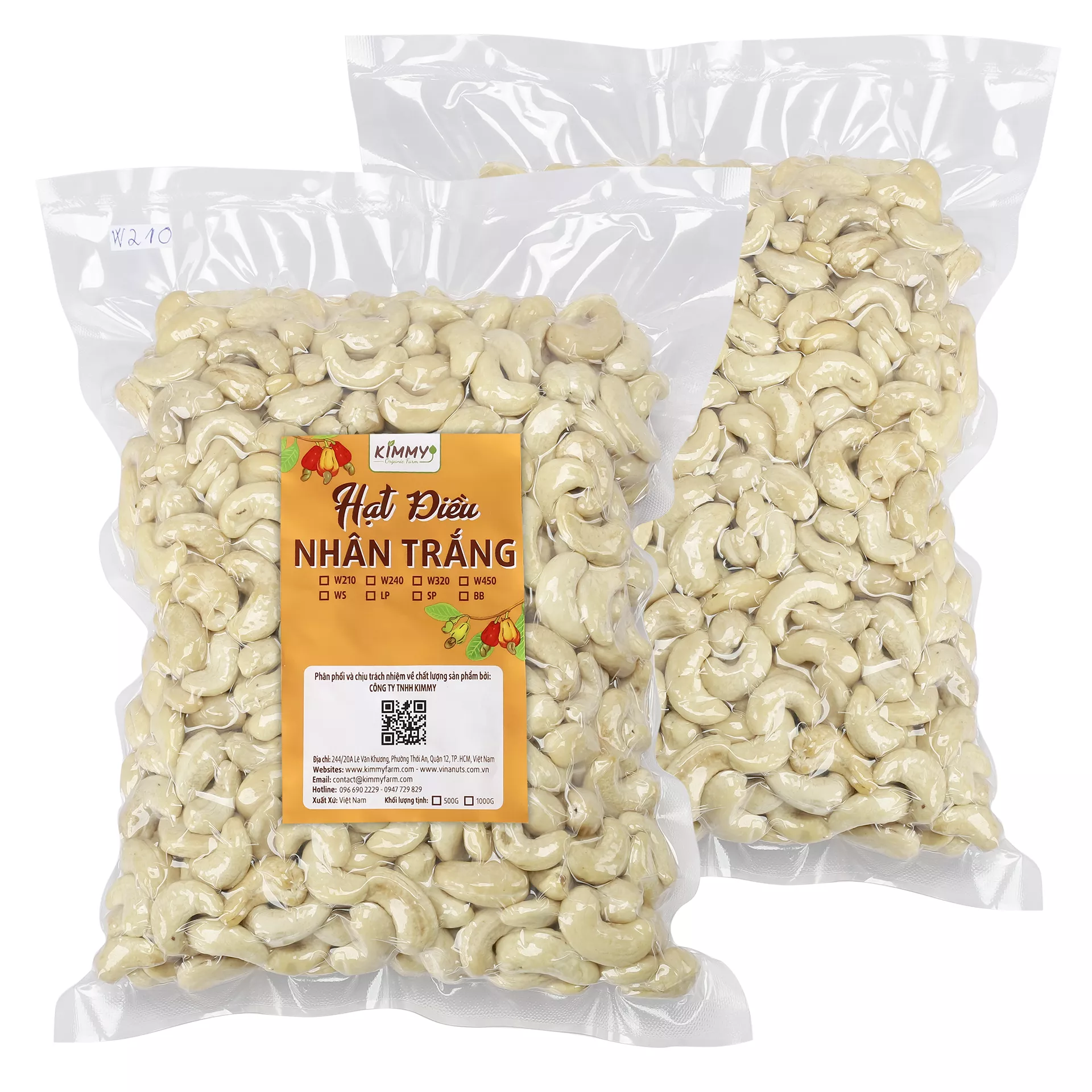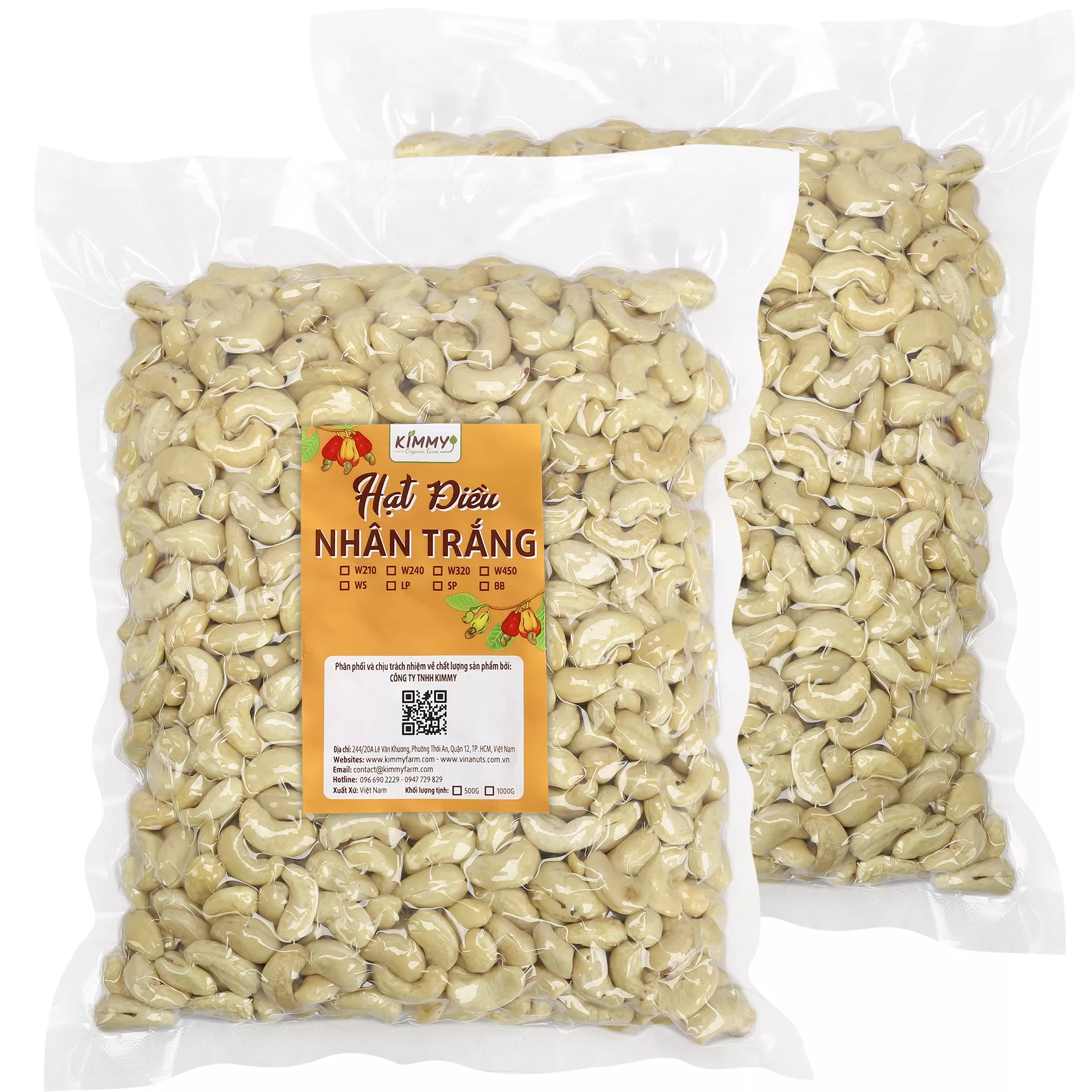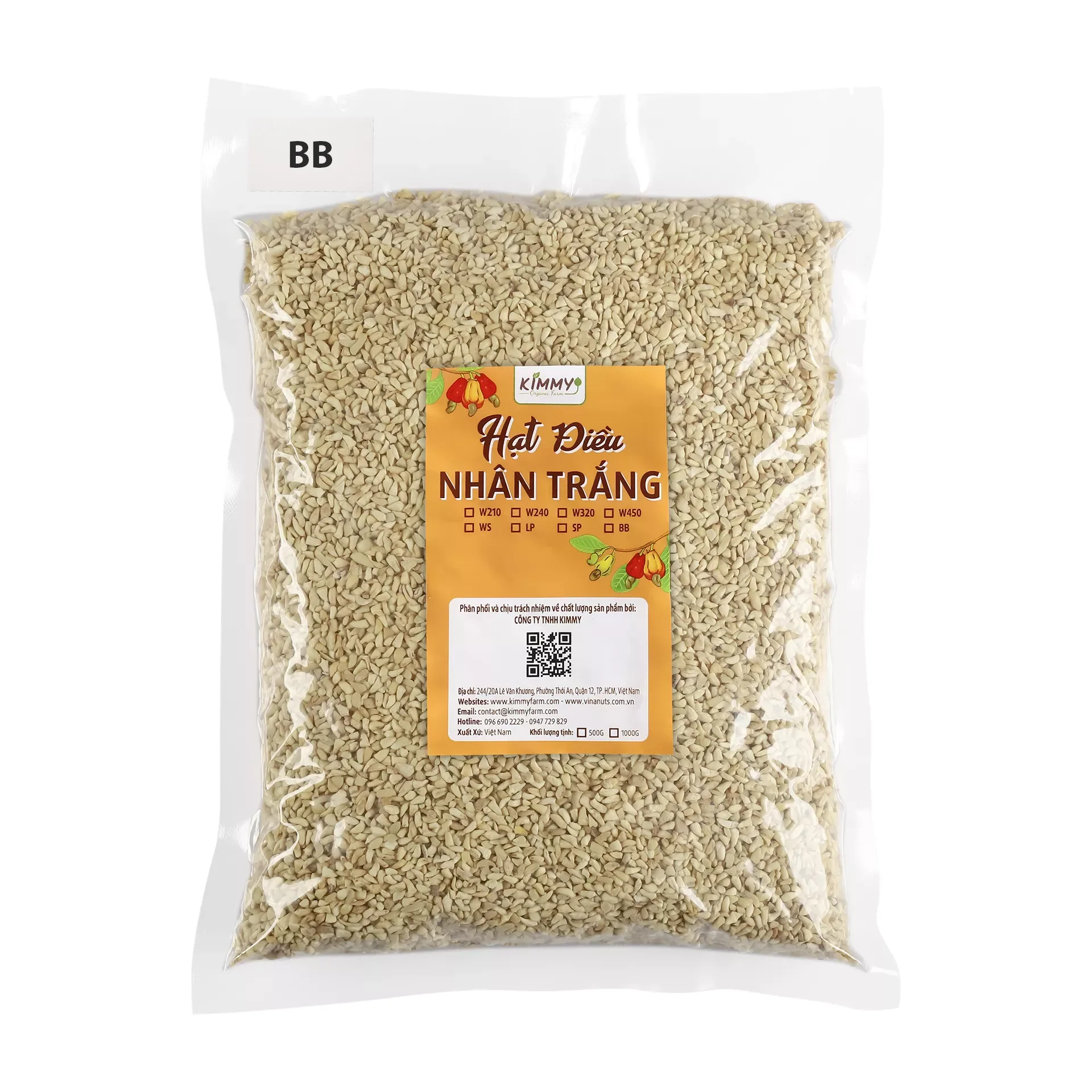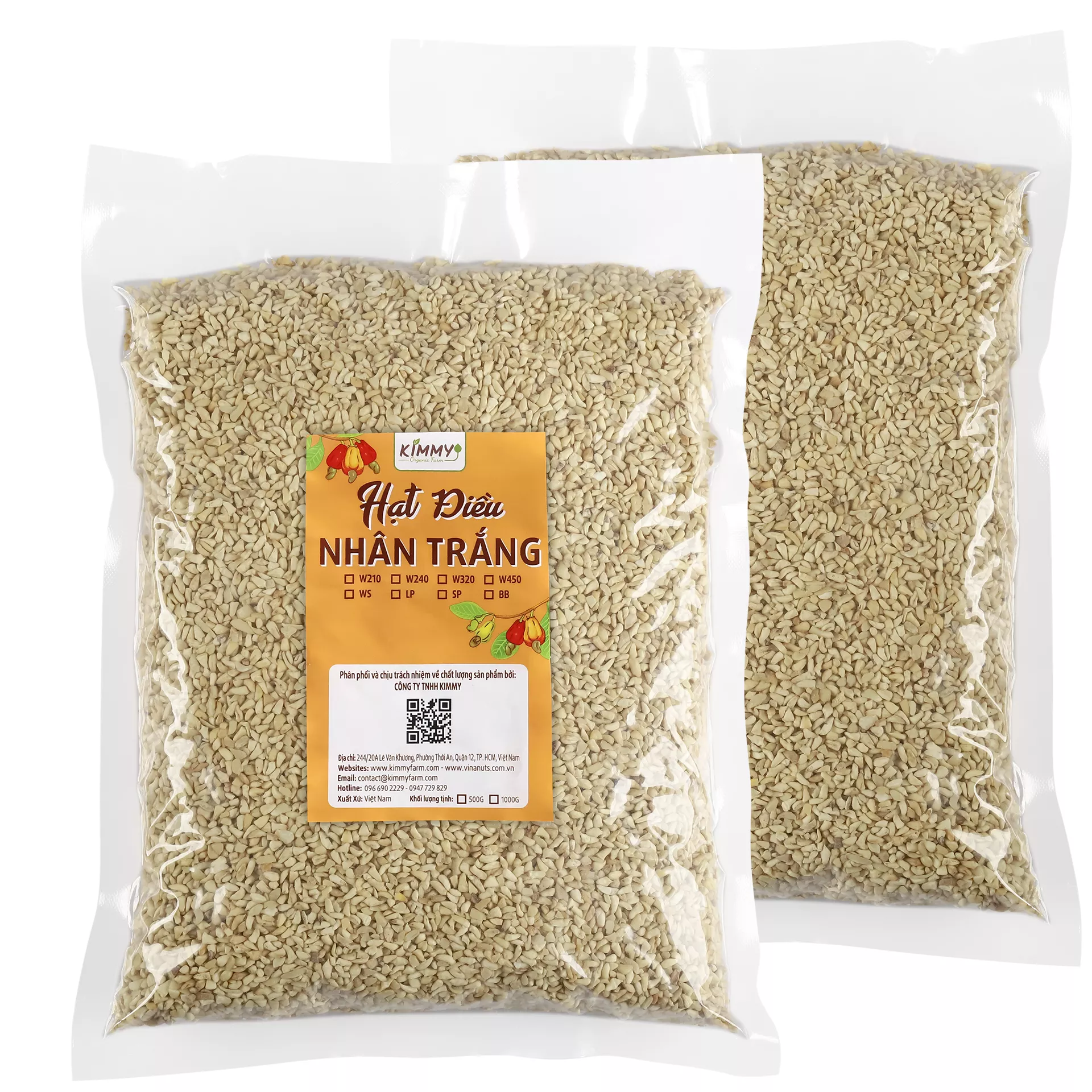Is there anything more enticing than the promise of a delectable and nourishing snack that also offers a significant source of protein for your vegan diet? In this blog post, we will delve into the protein content of cashew nuts and whether they can truly satisfy your nutritional needs. As a vegan, it’s crucial to understand which plant-based foods can provide essential amino acids for your body, and cashew nuts could be a surprisingly beneficial addition to your diet.
-> In Short: Are Cashew Nuts a Good Source of Protein For Vegans? YES! You Can! Cashew nuts can be a good source of protein for vegans. They contain approximately 5 grams of protein per ounce, making them a valuable addition to a plant-based diet. Additionally, they are also a great source of healthy fats, vitamins, and minerals. However, it’s important to remember that variety is key in a vegan diet, so you should also consume other protein-rich foods such as legumes, tofu, and tempeh to ensure you are meeting all your nutritional needs.
Nutritional Profile of Cashew Nuts
For those following a vegan diet, it’s important to find sources of protein that can adequately replace animal products. When it comes to cashew nuts, you’ll be pleasantly surprised at their nutritional profile. Cashews are not only delicious, but they also contain a good amount of protein and other essential nutrients that are important for your overall health. The following nutrition information is provided by the USDA for 1 ounce (28g) of raw, unsalted cashews.
- Calories: 157
- Fat: 12g
- Sodium: 3.4mg
- Carbohydrates: 8.6g
- Fiber: 0.9g
- Sugars: 1.7g
- Protein: 5.2g
- Iron: 1.9mg
- Magnesium: 82.9mg
- Copper: 0.6mg
- Manganese: 0.5mg
- Vitamin B6: 0.1mg
- Vitamin K: 9.7mcg
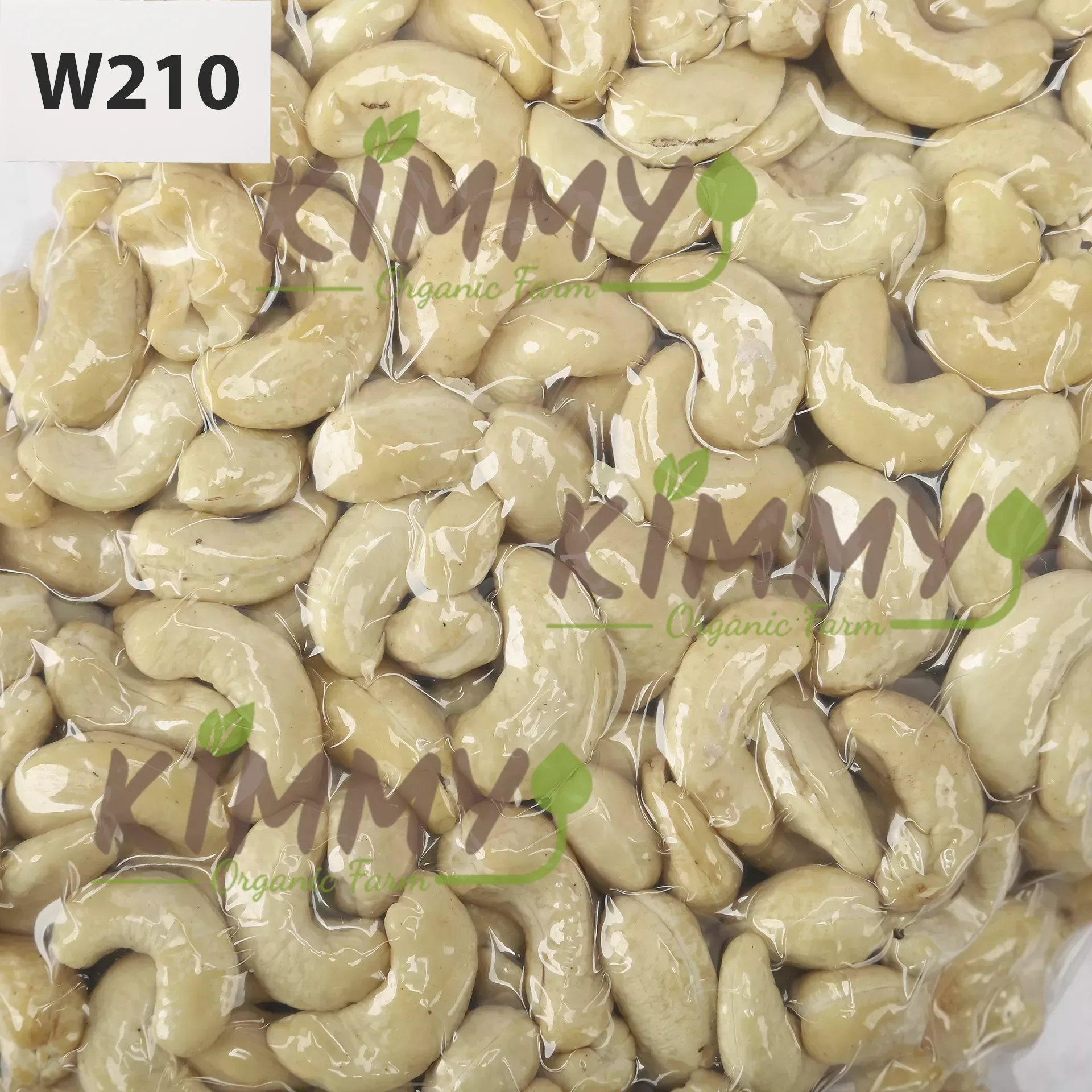
Macro and Micronutrients Found in Cashews
Cashews are packed with essential nutrients that are vital for your health. In addition to being a good source of protein, they also contain healthy fats, fiber, vitamins, and minerals. A 1-ounce serving of cashews provides you with 5 grams of protein, which is important for muscle repair and growth. They also contain significant amounts of copper, magnesium, and phosphorus, which are essential for bone health and overall well-being.
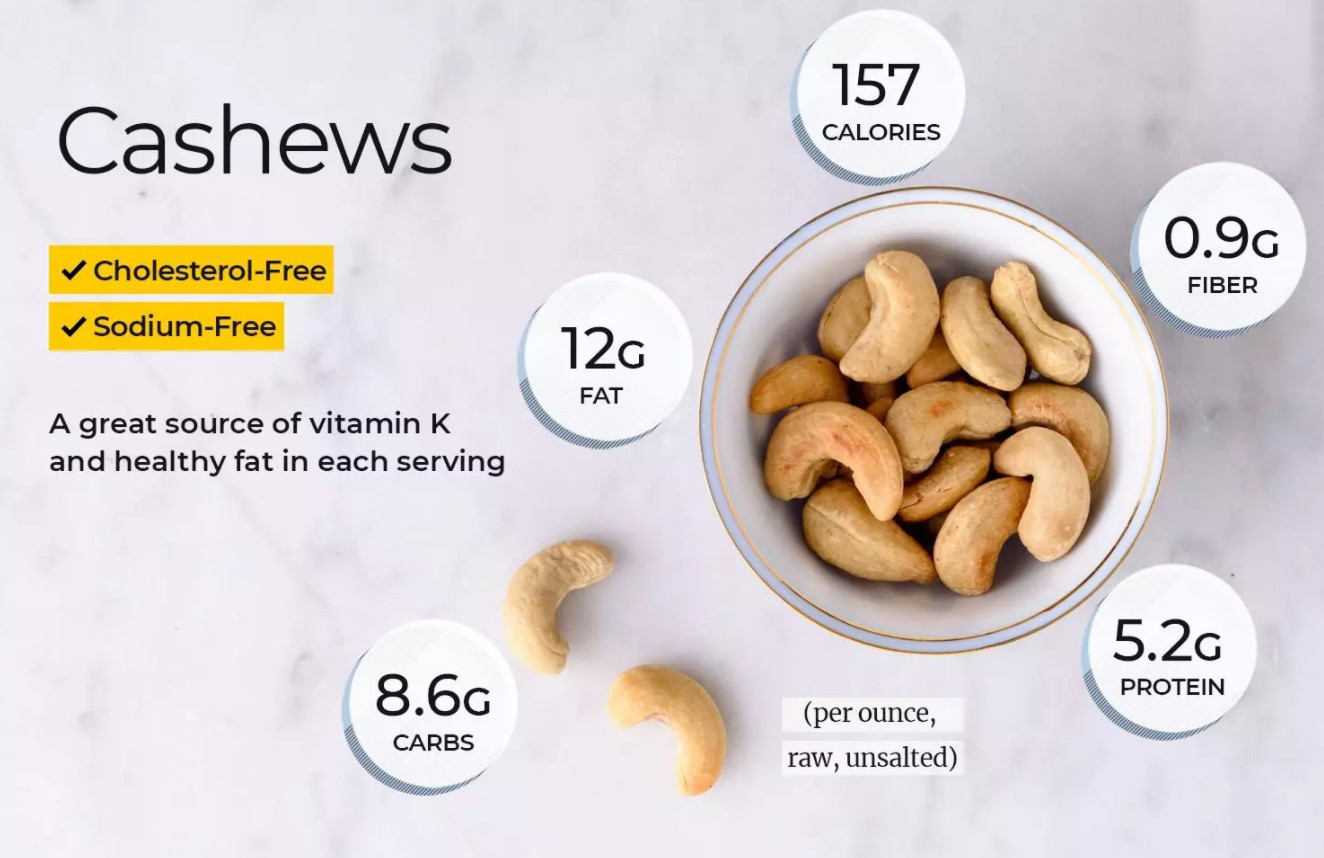
Vitamins and Minerals Content
Cashew nuts are also rich in vitamins and minerals that are essential for good health. They are a good source of important nutrients like magnesium, copper, and vitamin K. Magnesium is important for bone health and muscle function, while copper plays a crucial role in the formation of red blood cells. Additionally, vitamin K is essential for blood clotting and bone health. By looking at the macronutrient breakdown and the vitamins and minerals content of cashew nuts, you can see just how beneficial they can be for your health. In the next section, we will delve into the potential health benefits of including cashew nuts in your diet. Are you ready to discover the positive impact cashew nuts can have on your overall well-being? Keep reading to find out.
Comparison to Other Plant-Based Proteins
When comparing cashews to other plant-based proteins, you’ll find that they stack up quite well. Let’s take a look at how cashews compare to other popular vegan protein sources such as almonds and peanuts.
Protein Content Per 1-Ounce Serving:
| Cashews | 5g |
| Almonds | 6g |
| Peanuts | 7g |
As you can see, while peanuts have slightly more protein, cashews are still a great source of this essential nutrient. They also provide a good amount of healthy fats and other important nutrients that your body needs to thrive. By understanding the nutritional profile of cashew nuts, you can make informed decisions about including them in your diet as a vegan. Their protein content and other essential nutrients make them a valuable addition to your plant-based eating plan.

The Role of Cashew Nuts in a Vegan Diet
Now that we know cashew nuts are vegan-friendly and a good source of protein, let’s explore how they may complement your vegan diet. In addition to being a good source of protein, cashew nuts also include minerals like iron, magnesium, and copper. As a result, they are a great way to supplement a vegan diet and ensure that you get enough protein without going overboard. There are a few possible advantages and disadvantages of cashew nuts from a health perspective. One positive aspect of cashew nuts is the abundance of heart-healthy fats and antioxidants they contain. These nutrients can help reduce the likelihood of developing some chronic conditions.

Recipes of Cashew nuts for Vegan
Cashew Nut Butter
Cashew butter, a spread produced from blended roasted cashews, is also enjoyed by some. Peanut butter is the superior choice among nut butters when looking to increase your protein intake. However, cashew butter has a milder flavor that some people like. What goes into your nut butter during processing determines its nutritional value. Try to find nut butter that barely has nuts in it. Oil may also be added to some of them. Keep away from nut butters that have too much salt or sugar added to them.
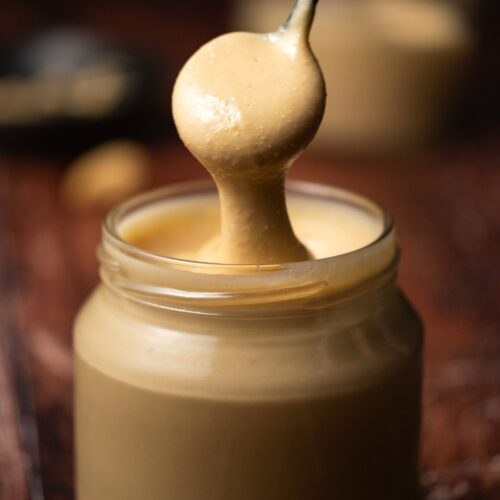
Cashew Milk
For people who are sensitive to lactose, another ingredient in dairy products, cashew milk is an alternative that could be beneficial. You should be aware that cashew milk and other nut milks could have added sugar and not have nearly as many micronutrients (like calcium) as regular dairy milk. Before deciding on a nut milk to try, make sure to read the label for the ingredients and nutrition statistics.
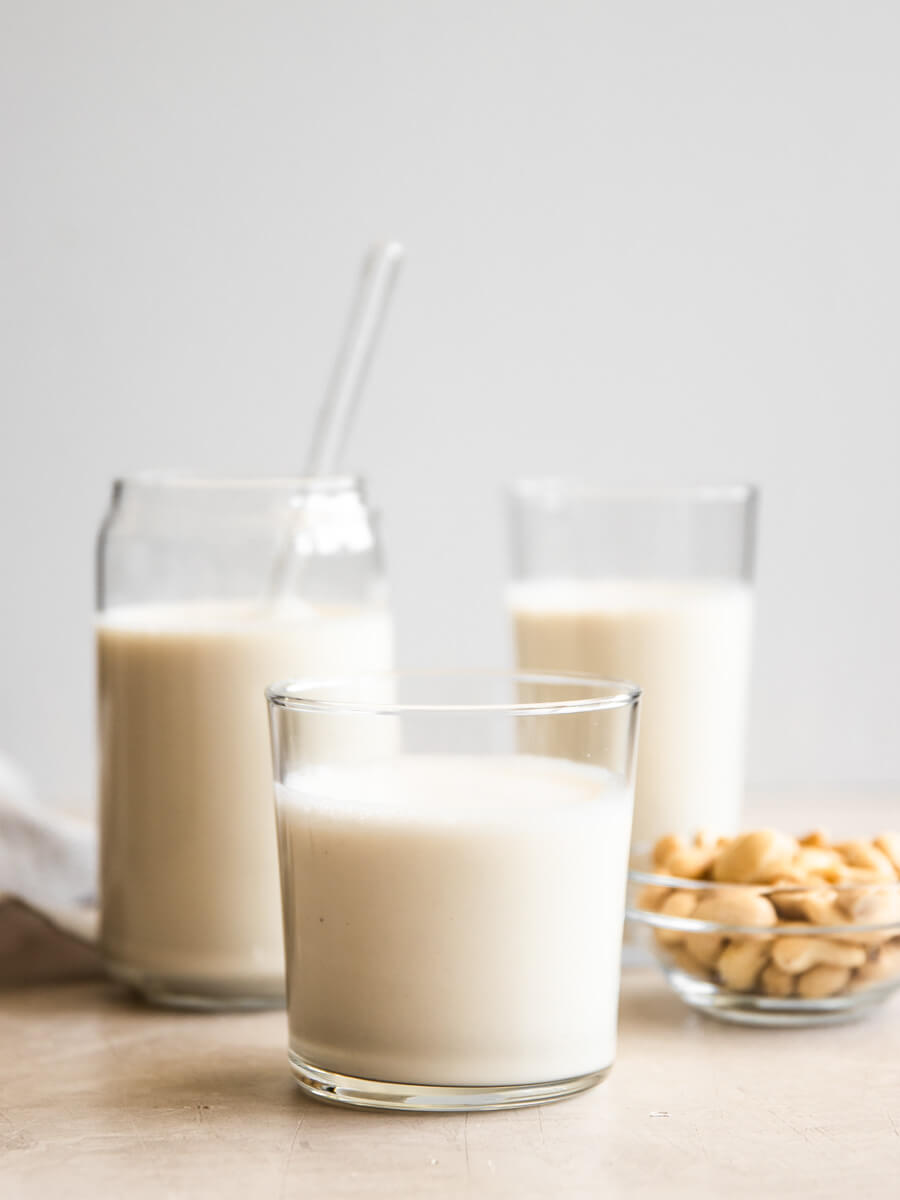
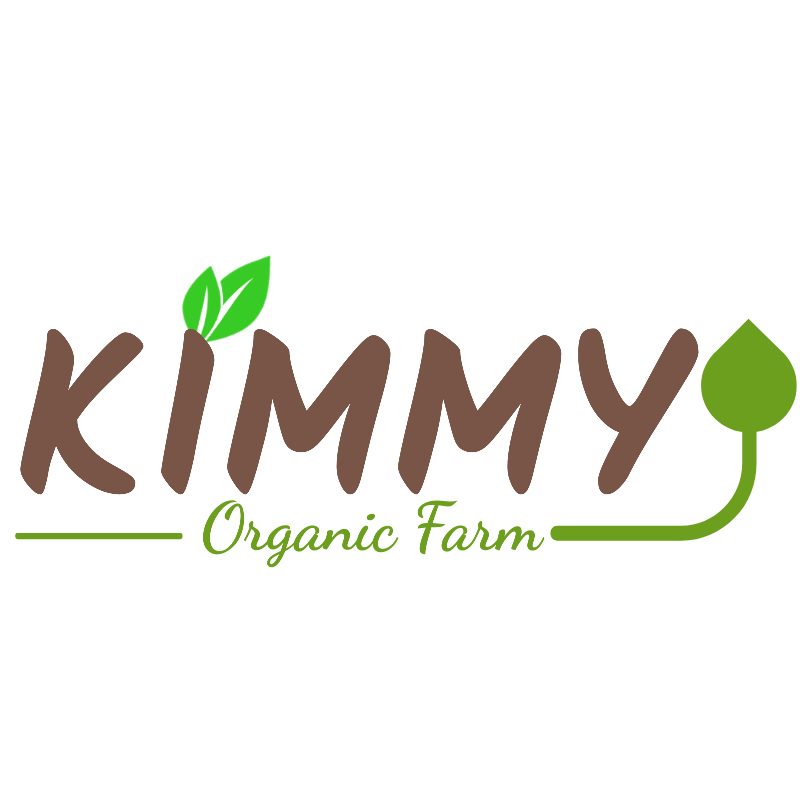
A brand specializing in the production and export of agricultural products in Vietnam. We have a black soldier fly farm in Tay Ninh and a cashew growing area in Binh Phuoc. The main export products of the company are: cashew nuts, cashew nut kernels, black soldier fly, frozen seafood, shrimp, prawns, catfish… from Vietnam.


